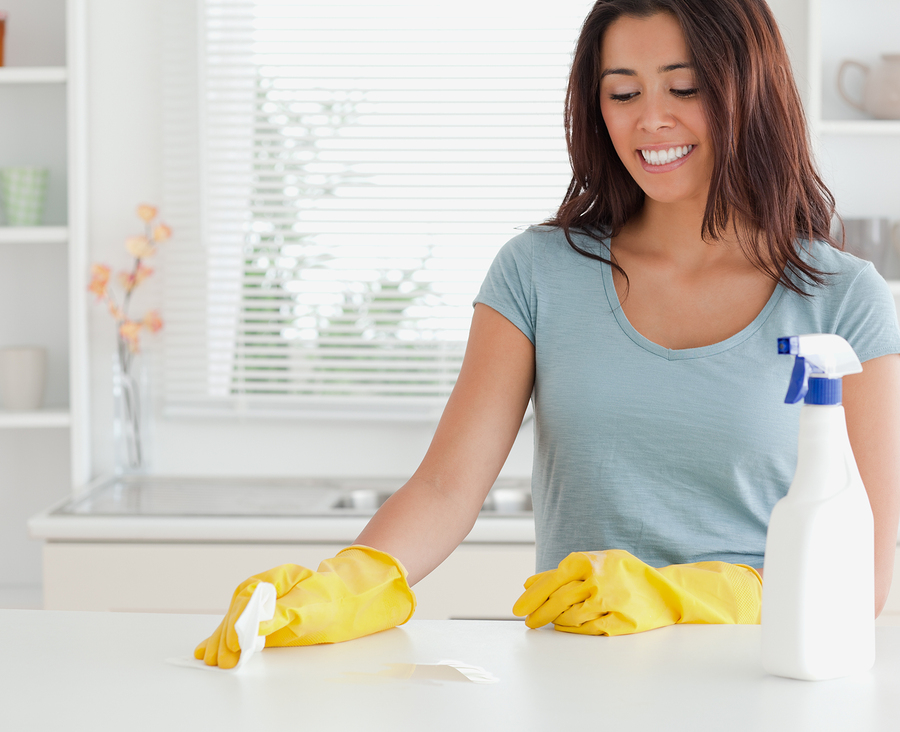
Bacterial resistance is on the rise, as many common germs become resistant to first line antibiotics, creating a dangerous situation in which illnesses are harder and harder to treat. In large part this is due to the fact that 80% of antibiotics in the U.S. are used in agriculture, to promote animal growth and kill the germs so prevalent under factory farming conditions, but years of doctors over-prescribing antibiotics for their patients also has played a role in bringing us to this point.
How can we stay healthy, then, without turning to tools that are decreasing in effectiveness and may actually be making us sicker? The answer may be far simpler than most think. By using fewer drugs and more basic sanitation techniques, we can keep germs at bay without feeding the superbug epidemic.
How Hand Washing Helps
Hand washing is the most important thing we can do to prevent the spread of bacteria in our day to day lives, and we don’t even need to wash with antibacterial soap. In fact, antibacterial soaps are more likely to foster the development of these resistant bacteria than regular soap and water, yet they aren’t actually more effective than proper handwashing. Use soap and warm water and encourage children to sing Happy Birthday twice while they wash their hands – when they’re done, they’ll have washed long enough to know they’re clean.
Use Natural Products
There are plenty of natural ways to kill bacteria and stay healthy during cold and flu season, such as cleaners that use thyme or citric acid in their formulation. These natural antimicrobials kill dangerous germs, leave a gentle scent, and are safer to use around small children than chemical cleaners.
Industrial applications sometimes use UV germicidal bulbs to kill bacteria and that are effective for both water, air, and surfaces. These bulbs damage the bacteria so that they can’t reproduce, preventing them from spreading. Although rarely used in private settings, these bulbs may be a powerful new defense against overuse of antibiotics.
Why We Should Be Concerned
Antibiotic resistance is a major concern because when common bacteria can no longer be treated with the available drugs, people may die from formerly curable illnesses. For example, we used to hear primarily about MRSA, a hospital acquired infection that has long been resistant to major antibiotics, and is responsible for a number of hospital deaths. It was harder for most people to be concerned about this – only those already vulnerable to illness due to illness or surgeries were likely to develop MRSA.
Now, however, we’re encountering resistant strains of things like E. coli. One common strain of E. coli that causes urinary tract infections is now resistant to more treatments and can spread into the blood and cause sepsis. What was once a common but easily treated infection is now a potentially lethal one.
We all need to be more responsible in both our hygiene and our antibiotic use in order to prevent more common bacterial strains from reaching the point of resistance, or we could find ourselves facing previously unknown levels of sickness. It will take a concerted effort from all corners to reverse this trend.

Leave a Reply